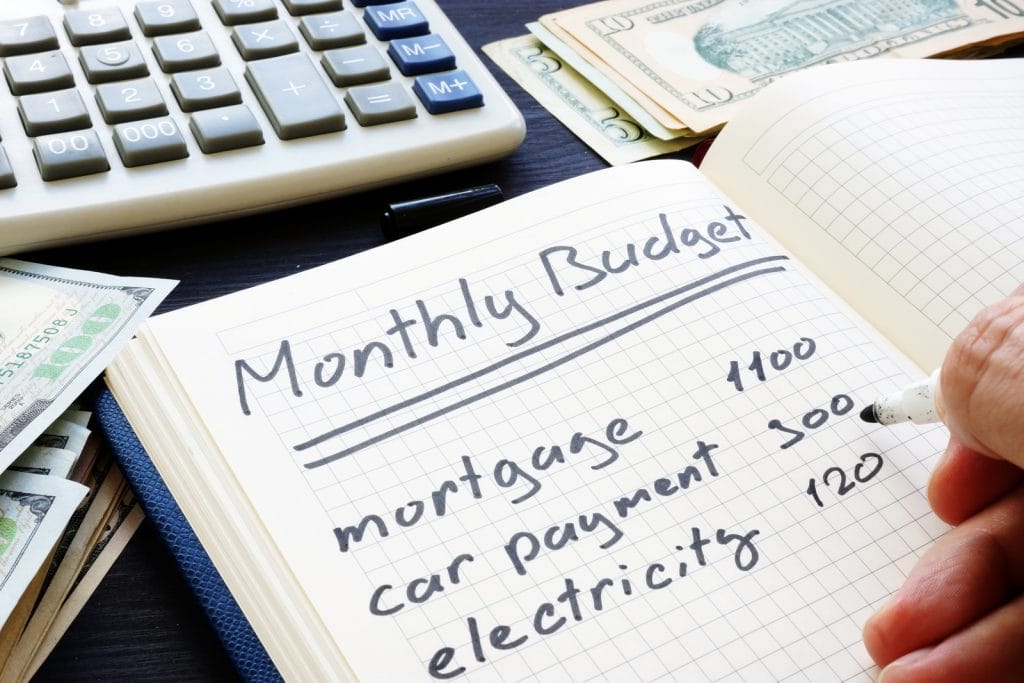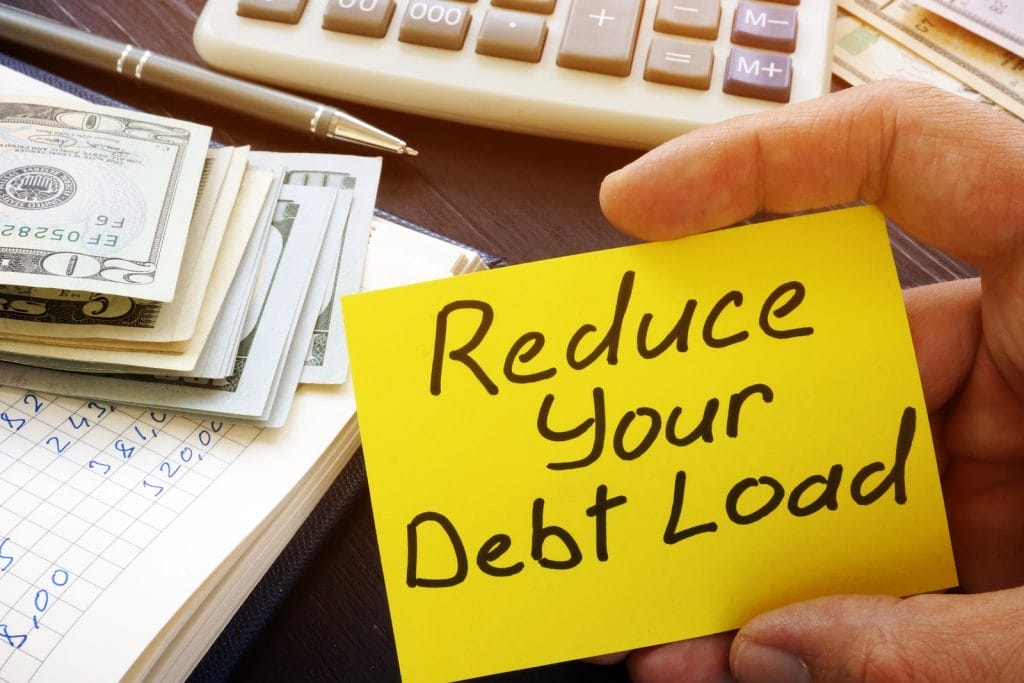Did you know that the clutter in your wallet could be impacting your finances as much as the mess in your living room?
I recently read about how adopting a minimalist approach to money management can lead to more mindful spending and, ultimately, financial freedom.
It’s about focusing on what truly matters in your life, which can help curb those impulse buys and keep you on track with your financial goals.
Simplifying your finances doesn’t just help your bank account; it can also bring a surprising amount of joy and clarity to your life. I was intrigued by the idea and thought you might be too.
Let’s take a look at some key principles that can help us achieve a minimalist, yet rich financial life.
Disclaimer: This information is for educational purposes only and should not be considered financial advice
Key Takeaways
- Emphasize essential spending and quality over quantity to enhance savings and financial freedom.
- Simplify finances by eliminating unnecessary expenses and focusing on meaningful investments.
- Adopt mindful spending to differentiate between needs and wants, reducing debt and clutter.
- Achieve financial stability through intentional budgeting, investing in value, and minimizing impulsive purchases.
What is Financial Minimalism
Financial minimalism is really about choosing to spend your money on things that really matter to you. It’s about going for value and quality instead of just buying a lot of stuff.
This way of handling money asks you to think carefully about how you spend, making sure every dollar goes towards something important in your life.
When you live by financial minimalism, you’re not just cutting down your costs; you’re choosing to spend wisely. This means you really think about if you need something and how it’ll make your life better, helping your savings and investments to grow.
Financial minimalism isn’t about missing out; it’s about focusing on what makes you happy and secure. It’s about making smart choices to lessen money worries and making room for a happier and more secure financial future.
What Are the Basic Principles of Minimalistic Finance?
The basis principles of minimalistic finance are:
- Intentional Spending: This is about only spending your cash on things you really need. It’s like decluttering your finances.
- Quality Over Quantity: It’s much better to buy one thing that’s going to last a long time than lots of things that won’t.
- Experience Over Material: Instead of collecting stuff, why not spend on doing things? Experiences stick with us longer than any gadget. Collecting memories over stuff.
- Conscious Spending: Hold off on those impulse buys. Keeping your eyes on your big money goals helps a ton.
- Needs Over Wants: It’s super important to know the difference between what you absolutely need and what you just kind of want. Doing this can really boost your savings.
Budgeting the Minimalist Way

A minimalist way of budgeting can really help tidy up your finances.
This approach is great because it helps you stick to your financial goals, lowers stress, and gives your savings a nice boost.
To get started with minimalist budgeting, here are a few easy steps:
- Make sure essential expenses come first so you cover all your needs without going overboard.
- Be mindful about your spending, thinking carefully about how each purchase fits into your life. You can even write some questions on a post-it to help you consider the necessity.
- Keep an eye on your spending habits regularly to make sure you stay on track with your financial aims.
- Talk with others who have control over their finances, they might just have some interesting tips or experiences to share.
This way, you get to keep your finances simple and focused, which is pretty cool.
Can I Become Financially Free
Embracing a minimalist way with your money can really help you on your path to financial freedom.
When you’re a financial minimalist, every dollar you spend is like planting seeds for your future. Here’s how you can use the principles of minimalist finance to get closer to financial independence:
- Save and Invest: It’s super important to set aside money for savings and investments. This is more than just having a cushion for tough times; it’s about building a strong base for your future.
- Stay Out of Debt: Staying clear of debt means your hard-earned money stays with you, not lost to interest payments. This way, you get to use your money to chase your dreams.
- Emergency Fund: Having an emergency fund is a game changer. It’s like a safety net that lets you handle life’s surprises without messing up your financial peace.
How to be More Mindful About Spending Money
Taking the next step towards financial freedom involves more than just saving, investing, and avoiding debt. It’s about mindful spending – being smart with each purchase.
Think of it as making sure every buy is something that really matters to you and helps keep your finances healthy.
It’s about being intentional with how you use your money, figuring out what you truly need versus what you just want, and setting boundaries for those extra treats.
Getting into the habit of spending wisely can help you make choices that are better for your wallet in the long run.
| Aspect | Mindful Spending | Impulse Buying |
|---|---|---|
| Focus | Keeping your finances safe | Going for what feels good right now |
| Decision Basis | Thinking it through | Just going for it |
| Outcome | Choices that make sense | Buying stuff you might regret |
| Budgeting | Figuring out needs vs. wants | Wants take over |
| Long-term View | Helps you stand on your own two feet financially | Makes it tough to grow your money |
Strategies for Debt Reduction

Tackling over $1 trillion in credit card debt that Americans are dealing with, making debt repayment a priority through simple spending habits is a key move toward financial freedom.
Embracing a simple way of managing your money doesn’t just make your spending more straightforward but also boosts your efforts to reduce debt. Here’s the scoop:
- Go After High-Interest Debts First: By paying off debts with high interest first, you’ll end up paying less interest overall. This means you can get rid of your debt quicker.
- Live by Simple Money Rules: Cut back on buying things you don’t really need to stop your debt from growing.
- Stop the Debt Cycle: Sticking to these ideas can really help you break free from the endless cycle of debt.
- Talk to a Financial Coach: They have experience in helping people getting their sh*t in order when it comes to finance. So, if you know you might need one, go and talk to one and take control so that you get to enjoy life (even more).
What Is the Minimalist Approach?
Minimalism is like taking a deep breath and simplifying your life. It’s about clearing out the clutter – both physical and mental – to make room for what really lights you up. Imagine walking into a room and feeling a sense of calm because there’s just enough, not too much stuff weighing you down.
It’s not just about getting rid of things, though. It’s about being intentional with what you bring into your life, whether it’s possessions, commitments, or even thoughts. Minimalism is about focusing on the things that truly matter to you and letting go of the rest.
Think of it as a journey towards greater freedom and fulfillment, where you’re not weighed down by excess, but instead, you’re free to pursue what brings you joy and meaning.
What Does Minimalist Mean in Finance?
In finance, minimalism is about keeping things simple and purposeful when it comes to managing your money. It’s like tidying up your financial house by cutting out the stuff you don’t really need, so you can focus on what’s truly important.
Think of it as making smart choices with your money – spending on the things that really matter to you, while avoiding unnecessary expenses and debt. It’s about being mindful of where your money goes and making decisions that align with your bigger financial goals and values.
By taking this minimalist approach, the aim is to find stability, financial freedom, and peace of mind in your finances. It’s not about having lots of money, but about making the most of what you have and living a life that’s rich in meaning and contentment.
Is it Better to Save Money or to Invest?
Whether it’s better to save money or to invest depends on your financial goals, risk tolerance, and time horizon. Generally, a combination of saving and investing can be most effective for building wealth and achieving financial goals.
Saving is ideal for short-term goals or building an emergency fund. It provides safety and accessibility of funds, but may not yield much return in some cases due to low interest rates.
On the other hand, investing offers the opportunity to grow your money over the long term due to the potential for higher returns, but it also comes with more risk. Investing requires research, diversification, and accepting market fluctuations.
Overall, it may be wise to first build an emergency fund through saving and then invest for long-term goals such as retirement, taking into account your risk tolerance and investment horizon. It’s advisable to seek advice from a financial advisor to develop a strategy tailored to your specific situation and goals.
As previously stated, none of the above constitutes financial advice or should be construed as such. For that, consult a specialist!


